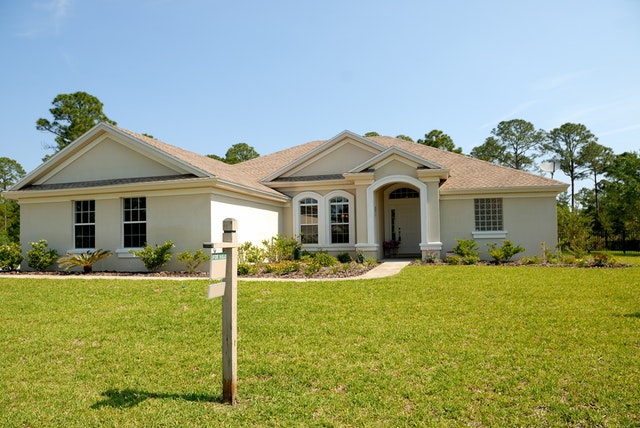 Commuting for hours in traffic on a daily basis is a waste of resources, time, and money. It is stressful and bad for the environment. The infrastructure in many parts of the United States is falling apart. The roads and highways do not have sufficient capacity to handle the demands of the traffic load that continues to increase each year. Many busy professionals and families are turning to a solution of owning two homes for the convenience of enjoying dual-location living.
Commuting for hours in traffic on a daily basis is a waste of resources, time, and money. It is stressful and bad for the environment. The infrastructure in many parts of the United States is falling apart. The roads and highways do not have sufficient capacity to handle the demands of the traffic load that continues to increase each year. Many busy professionals and families are turning to a solution of owning two homes for the convenience of enjoying dual-location living.
What Is Dual-Location Living?
The most common form of dual-location living is having a home and also owning a vacation home. Many like this lifestyle of having a vacation home to enjoy, to get away from it all. Retirees may use this strategy to have their residence for spring and summer in the cooler areas and then have another place to spend the time during the bad weather months of fall and winter.
The trend of dual-location living, which is increasing now, is when the two homes are closer to each other. Professionals and families who want to spend the weekdays in the downtown areas or an area near the best schools may have a downtown residence and also a weekend residence in the suburbs.
The Best Of City And Suburban Living
During the working week, the time spent downtown can be to enjoy going out to eat and partaking of the various amenities that come along with the big-city life. Then, by waiting until after the commute time, it is easier to go to the home in the suburbs. This allows for a couple of relaxing days before heading back late Sunday night to downtown, once again with less traffic. Waking up on Monday just a few minutes from work is pleasant.
Reducing Expenses
For those who need to manage their budget carefully, maintaining two places can be quite expensive. It may be better to share expenses with others by renting out a portion of each home. The proportional sharing does not have to be equally-divided in both homes.
Instead, the city-based home may have a private room and bath with the rest of the house rented out and the reverse in the suburbs, where only a guest room rents out. Doing this well means the rental income will offset significant portions of the expenses.
Another possibility that comes from dual-location living is using the time saved, which comes from less time wasted on commuting, to generate additional income.
Summary
The trend of owning two homes, near each other, yet on the other side of a long commute, makes sense. Besides all the conveniences of dual-location living, it is the start of building up a real estate investment portfolio by buying a second home and generating some rental income to help pay for it.
If you are in the market for a new home or interested in refinancing your current property, be sure to consult with your trusted mortgage professional to assess financing options.
 A “seller’s market” happens when there are more potential buyers than homes for sale. In a seller’s market, people looking for a home may feel frustration and not easily find the home that they want. When they find a home for sale that they like, the seller of the home may receive multiple competitive offers at the same moment.
A “seller’s market” happens when there are more potential buyers than homes for sale. In a seller’s market, people looking for a home may feel frustration and not easily find the home that they want. When they find a home for sale that they like, the seller of the home may receive multiple competitive offers at the same moment.